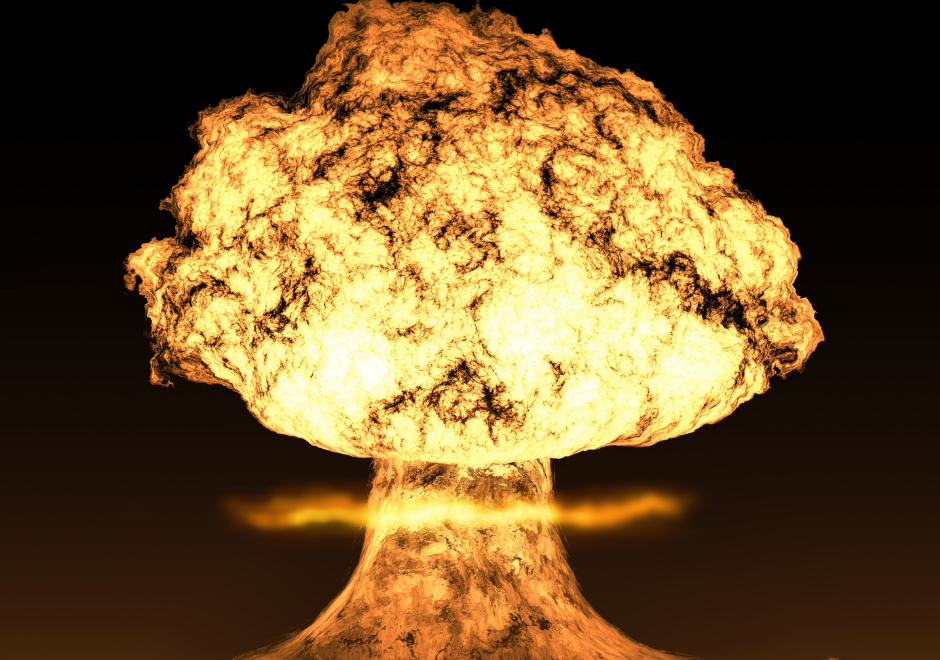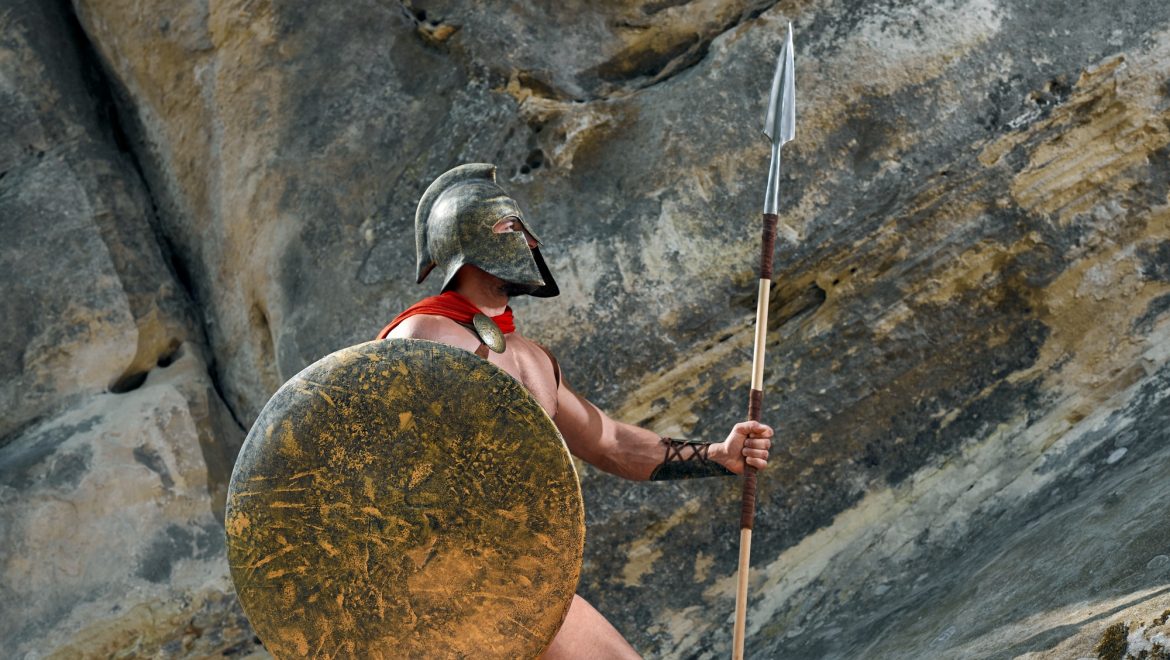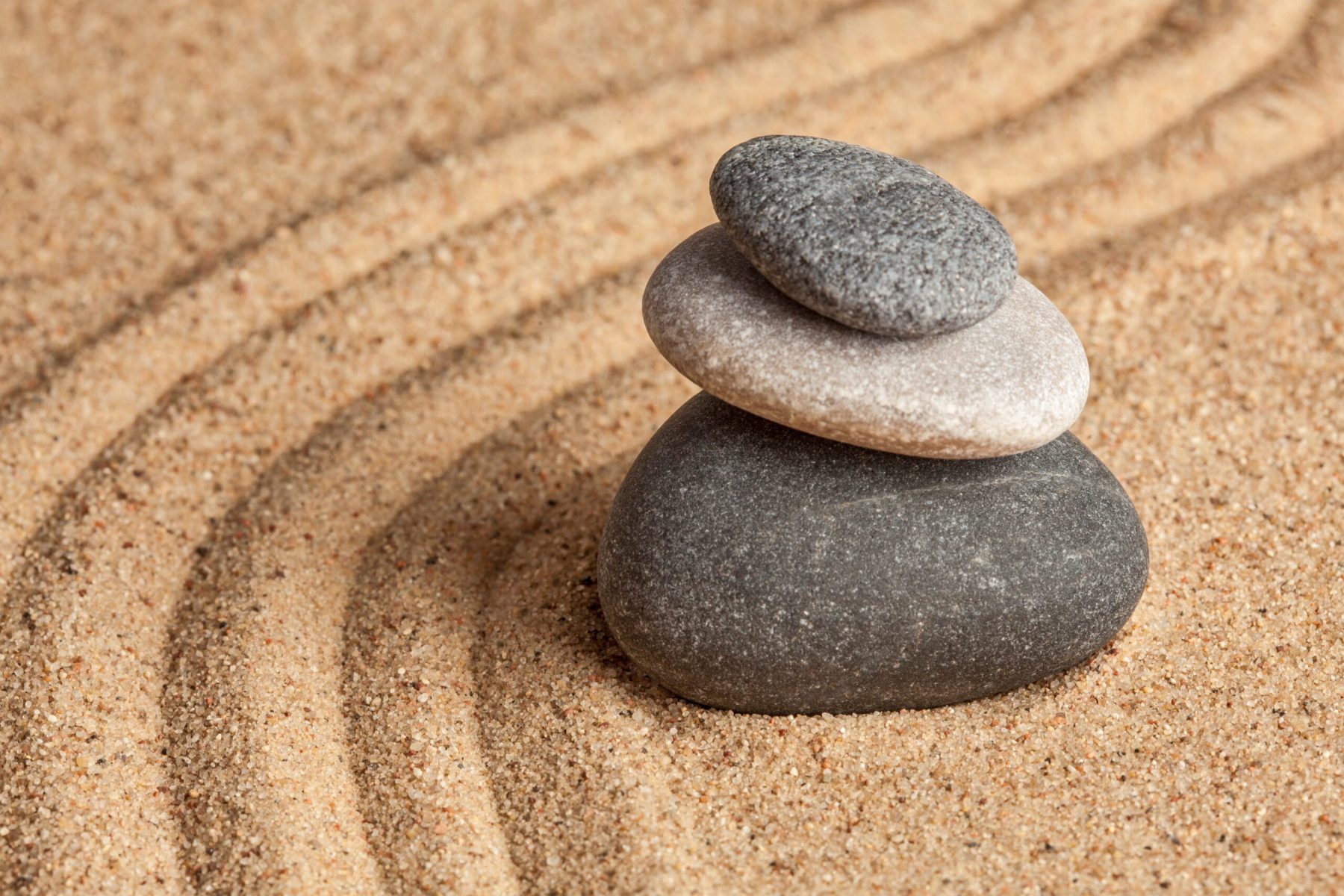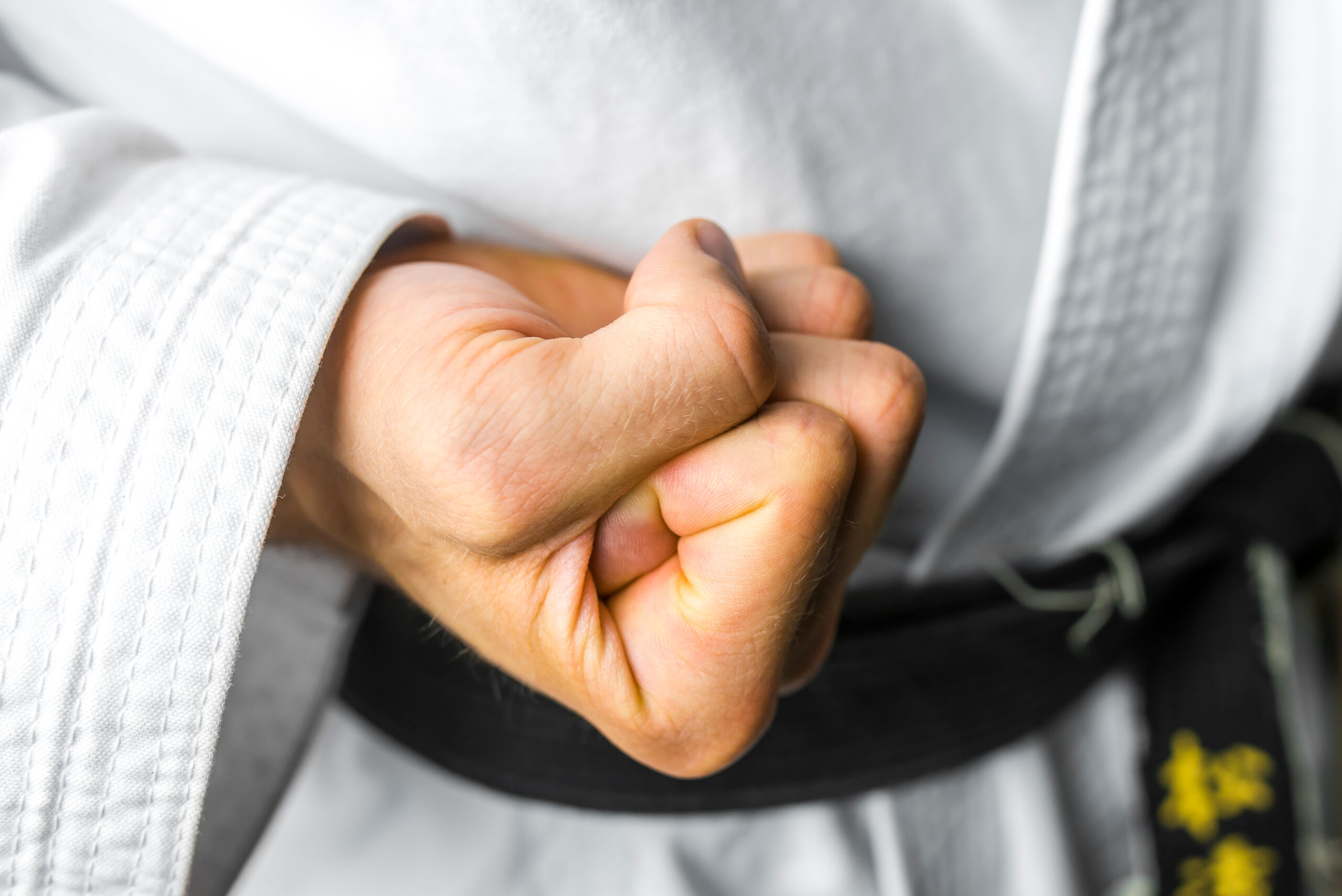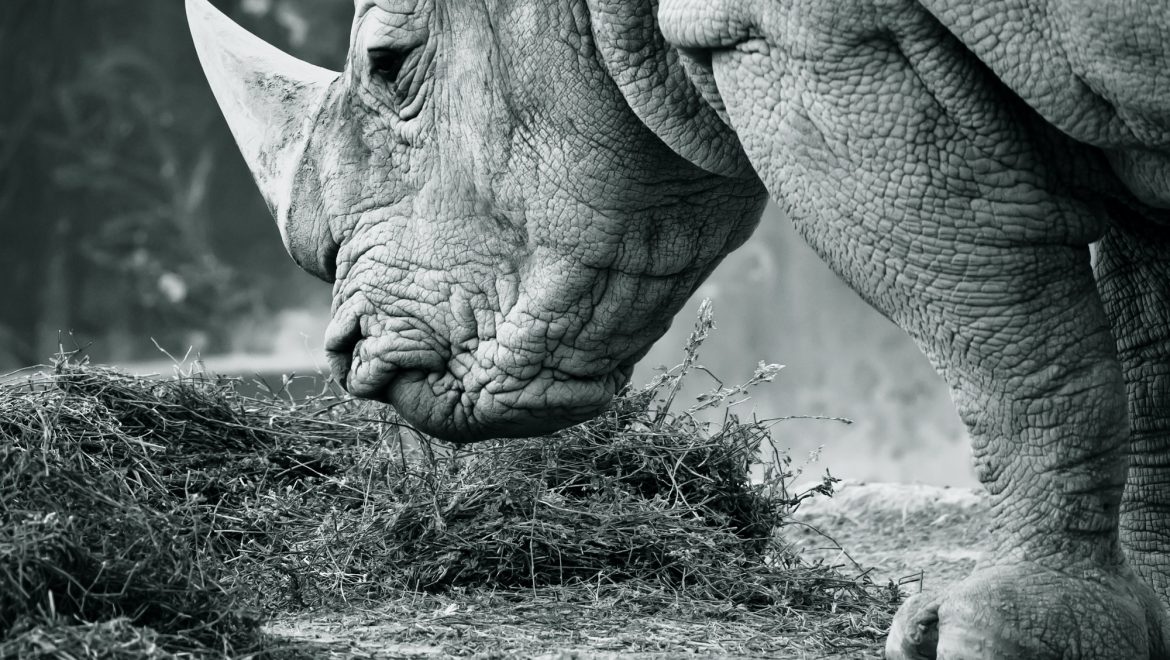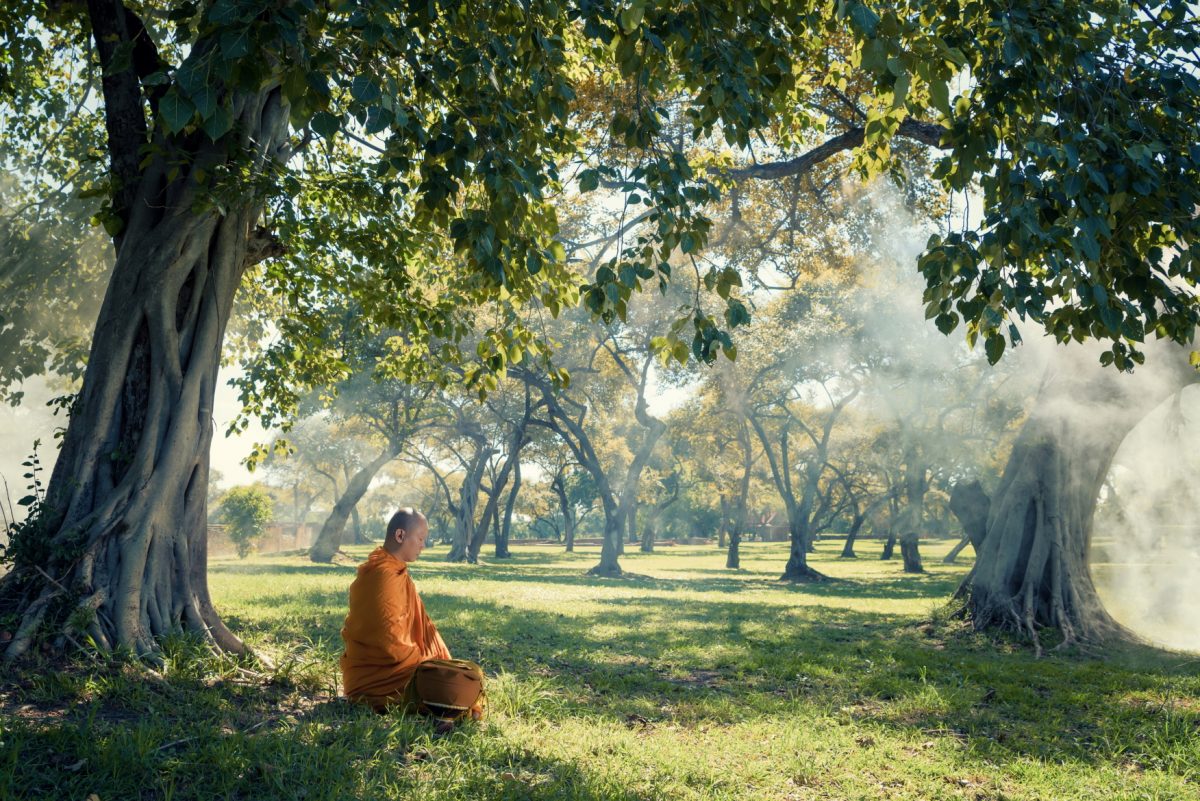A theme that has cropped up many times, in relation to learning to live in the moment, is the idea of achieving freedom from past memories. People often find that the memories of past events affect them so profoundly that they feel restrained in one way or another by their past. Regardless of the wording that is used, it is of course the memory that is the problem, the event does not exist in this moment. This is a vital fact to realising. People will often believe that the event is the problem and if they think this way, they face a huge problem because they can’t change the event. That would be impossible. Once they realise that the problem is the memory of the event, they have already changed the nature of their problem into one that exists in this moment and therefore has become something that they can address. The impossible becomes immediately possible.
I should point out that some of the ideas in this article will have been mentioned in other articles. In part, this is to ensure that the article stands alone in the event that someone reads it in isolation, and partly, because some nails need to be hammered several times for them to be driven in. So, if you think to yourself, have I read this before? The answer is, yes, probably, but do you think you really know it yet?
Let’s start by reminding ourselves of a few things about memory, then we’ll think about how to change them.
Memories are stored with their emotional content. The emotion is like the tag on the file that enables you to find it in the filing cabinet of your brain. Without that tag sticking up, the file would be simply lost amongst the other uninteresting stuff.
Next, you need to understand that a memory is not a very accurate recording of events. First, it is only the stuff that was presented to your conscious attention; very little information. Of the vast amount of data that comes into your brain, only a tiny fraction (we are talking billionths) is presented to your conscious mind. Picture this as a huge photograph blown up to 12 by 8 feet, of a complex scene, and it is all very out of focus but for a square inch. That is what our perception of the world around us is really like. Ask any policeman about the problem of finding even two witness statements that agree about the same event. During the event, as it occurred, you were also reminded about other memories of previous events, which also then became associated with the new event memory thereafter and you may not realize that you have dropped in details of previous events. This is especially true when strong emotions are involved.
Then consider that when you remember something, your current emotions and conscious environment are part of the remembering experience. The next time you recall the same event, your memory will include to a greater or lesser extent the added features of your previous remembering experience. This can include suggested details. So, for example, let’s say you recount for the first time a car accident that you recently experienced. Someone says, innocently ‘I bet the squeak of breaks was loud’ and you imagine the sound of squeaking breaks. On the next occasion when you recall the accident, you genuinely remember the squeaking breaks as part of the memory. Recalling an event is like opening a document on your computer, as you read it you can make annotations or subtle changes and when you close it, it automatically saves the changes. When you open it the next time, the previous changes are now included. However, with a memory these annotations could be the emotions that you felt as you recalled it, so they get added to the memory.
Once you get how this all works it becomes possible to see how you could change your memories and more importantly, how they emotionally affect you now.
If your imagined additions or changes can be added to the memory, then how about using that to work for us? Let me sketch out an example to demonstrate this method. (To add to those mentioned in other articles) If you decide to use this method for yourself, I would recommend getting a friend to read through this, discuss it together and then having them help you work through it, step by step. It is entirely possible to do this on your own, but doing it with someone else is preferable.
Suppose you have a memory from childhood and an event when you were very upset, but no one comforted you. This event has stayed with you, as a deep-seated and limiting belief that somehow you are on your own and no one will help you when you are in need.
You recall being curled up, on your own, crying, possibly in your room. Now, instead of remembering this as it was, let’s change the details. Move your point of observation to outside of the child that was you. Be your current, grown up self looking at your childhood self crying. Now, imagine, as a grown up, you go to this child, sit down, put an arm around them and comfort them the way they need. Hold them until they feel better. Tell them how everything is going to turn out OK, talk to them not just as any adult, but as an adult who genuinely knows their future. When the child is more relaxed and has passed through the distress you can tell them that you’ll be watching over them. The next time you try to recall this event, all the new details will be added along with the emotions involved, specifically the sense of being cared for and comforted.
If you do this process deliberately, it is unlikely that you will actually fool yourself into believing that when you were a child, this strange adult appeared in your room and comforted you, because you will also remember intending to do this. However, you will find that your emotional response to the event has changed.
An important aspect of this process is to talk about these emotions to someone as this is part of the processing required to be free of any emotional energy left from a traumatic event. This is why it is often better to follow this sort of procedure with someone who can walk you through it. Be careful when choosing a buddy or coach for this sort of process, make sure they understand it. I have come across people who will hear a traumatic story and actually encourage you in the telling, in such a way that the changes made to the memory actually make its emotional content worse.
Talking can set you free
Assuming you have someone who understands this process. I’ll explain why talking aloud makes a difference and I’ll include an element of Eastern mysticism that might help. For those unfamiliar with how I use these ideas, let me quickly explain. Whether you are looking at the Kabbalah tree of life, the Indian Chakras or the interaction of the Dan Tiens (Tan Diens – Japan) and the flow of Chi you are looking at a map. The map does not have to be an analogue of the reality it represents. I find it amazing how many people will dismiss such maps as primitive mystical, but quite happily use the London Underground Map without complaint that the real railway lines aren’t yellow, red or whatever. They use a pie chart, bar graph or flow chart without problem, but take issue with the Ba-Gua, or the Sheng and Ke cycles.
So when I refer to the fifth energy centre or throat chakra, I am not implying that inside your throat is a swirling energy vortex of sky blue light. You can, if you like, see the chakras as a way of understanding historic cultural development, or a flowchart of personal spiritual development, or indeed a map of the interrelationships of emotional, intellectual and physiological systems. I have written in greater length about this system and recommend referring back if you are not familiar with my approach.
Once you get that our emotions, as we experience them, are mostly the physiological effect of an unconscious reaction to a, usually, conscious consideration, they start to make more sense. So, if asked to describe any emotion, we tend to offer the physiological symptoms as we become aware of them. We might talk about butterflies in the stomach, shaking legs, a full bladder, nausea, heat in the cheeks, etc etc. All of these are the physical symptoms of unconscious chemical/hormonal responses to various things/situations that we are, usually, consciously aware of.
(I say ‘usually’ because it is possible for us to unconsciously respond to some stimulus and then we get an emotional reaction that we can’t explain. E.g. A smell might trigger a memory that has an associated emotion, where the memory is not accessible to your conscious mind. So the process might be hidden from you and all you are aware of is that the smell of tar makes you angry, or the rustle of tissue paper makes you excited. You might not even realize that the smell or sound was the trigger and you are confused by an apparently reasonless emotion.)
Now the throat energy centre is all about the verbal sharing of emotions. It is about letting emotional energy flow. Like water, that if left still becomes stagnant, emotional energy that is stored becomes toxic and stinks. The throat is the tap.
If ever you have needed to express a strong emotion, but you held it in, your throat hurt. This is often when the expression would involve crying and we were in a situation where we simply were not prepared to do that, perhaps because we would feel embarrassed or week, or it simply was not the appropriate time and we had responsibilities that had to be fulfilled. If you have held a strong emotion in for a long time without expressing it, you will have found that it didn’t lose any of its power. Only when you began talking about the event/situation did you have the full physiological reaction. I’ve seen people share a traumatic experience, that happened decades before, suddenly burst into tears and shake for the first time. Their reaction was as if the event had just occurred. What happened? The speaking allowed them to begin processing it. The first time you talk about an issue, will be the first time you have heard about it, and hearing is different from thinking quietly. You might be surprised at your reaction to things and you might suddenly see things differently and find answers that were hidden before. This is essential for you to begin to resolve your trauma and move on. Sometimes, though not always, speaking about the issue can be sufficient, on its own, to process your emotional memory and leave it behind. This is also why so often therapists get great results, merely by giving clients the opportunity to talk about their significant past experiences. Of course, while talking might be all that is necessary for some issues to be resolved, for other issues it is only the beginning of resolution, but it is a vital and necessary beginning.
A word of warning worth repeating. If you repeatedly talk about a past trauma without the intent of changing your emotional response, it is possible to simply add more upset to the memory with each recounting; as I mentioned above about the plasticity of memory and how they can be changed with each recollection. A good therapist will encourage a full emotional response to a trauma when it is first recounted, but then begin to work on changing the way that memory is stored; changing its emotional content. In many situations it doesn’t even matter whom you talk to. Friends are cheaper than therapists, but not all friends know how to listen. Your dog or your God, in so far as releasing your suppressed emotions are concerned, can be just as effective. But writing a journal won’t work unless you talk out loud while writing.

